From YouTube recording
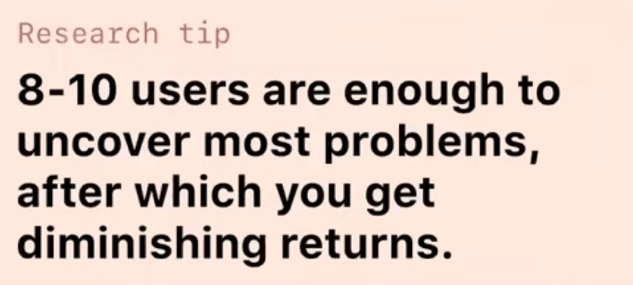



What do you want to validate?
- Write up your Hypotheses, Assumptions, and Knowledge Gaps
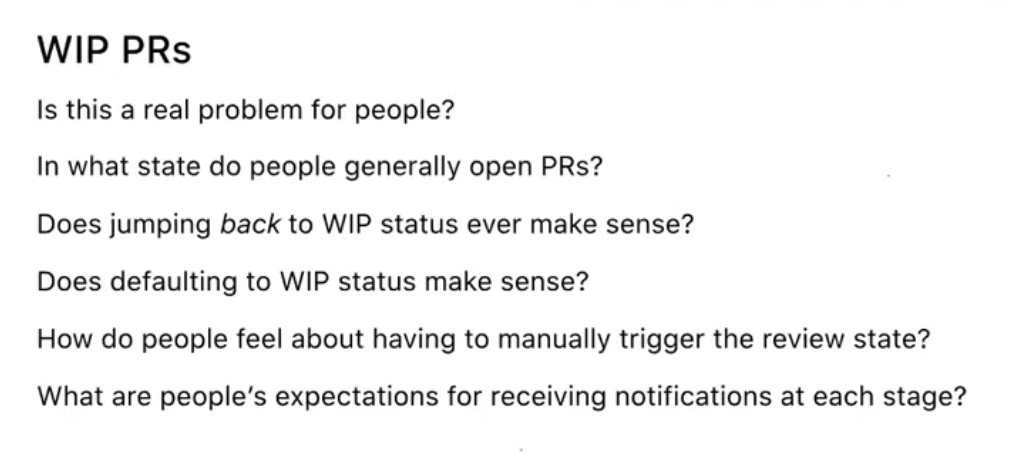
Assumptions/Gap Questions from General to Specific Levels → Types of Research

- High-Level Questions
- Usually best answered with user interviews
- High-level questions have less to do with our specific implementation.
- So other questions that could fit into this category might be,
- what are people's current workflows?
- How do teams collaborate?
- How do people think about GitHub, et cetera?
- Mid-Level Questions
- These questions be either specific or not…
- They have to do with both general workflows and with how we've implemented things.
- Low-Level Questions
- Usually a great fit for usability testing with prototypes
- generally have to do with whether specific things about our designs, interface, or flow, or nomenclature work for our users
- Create a Research Plan with how you can answer those questions with Interview Questions using one or more methods.
- Interview Questions are different from your questions in your assumptions/gaps list. These interview questions exist to answer your assumption questions. But how you ask it of course will be different. E.g. “Is this a real problem for you?" is not a good research question to ask in an interview.
- Select Research Methods
- User interviews are great for building high-level knowledge, for figuring out a general direction, and for sussing out real answers without biasing people.
- Usability studies are great for figuring out whether specific choices you've made are intuitive.
Shipping =/= finished. It is opportunity to gather more info later.
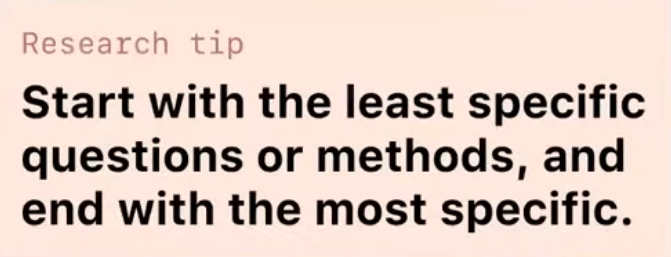 Vague → Specific
Vague → Specific
- To help avoid tainting the information by "newness” of a feature, start more general
- Listen and Learn first, Show ideas secondarily.
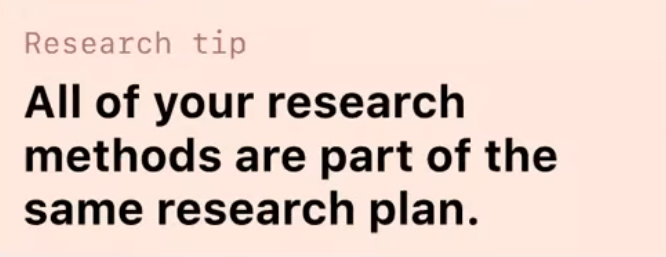
Example Research Plan
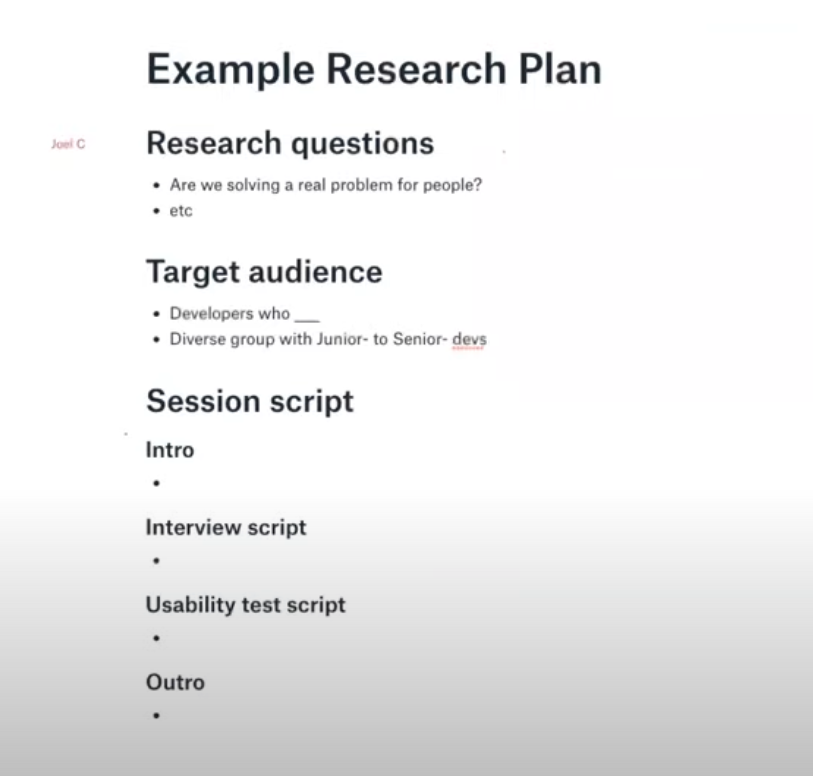
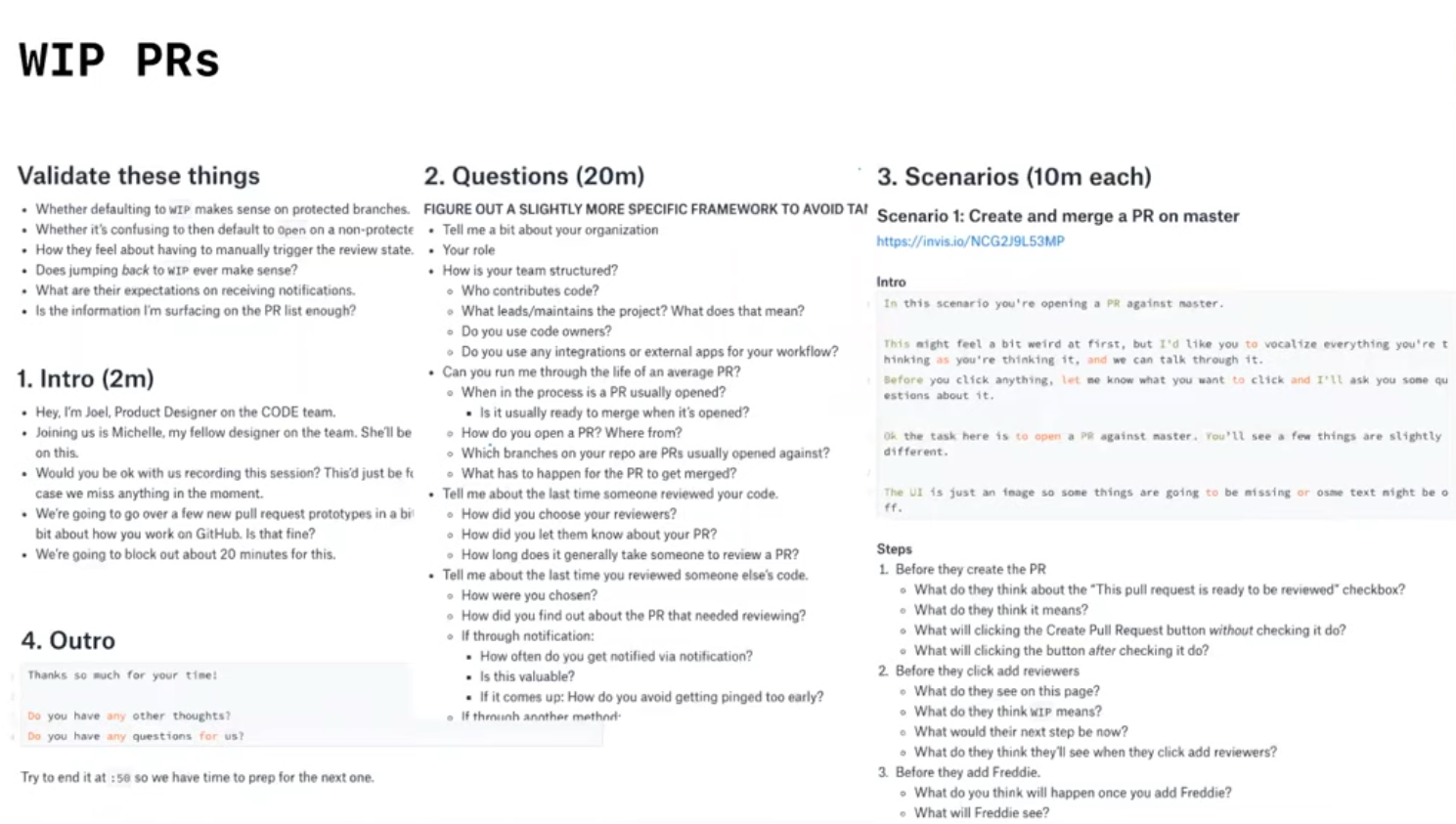
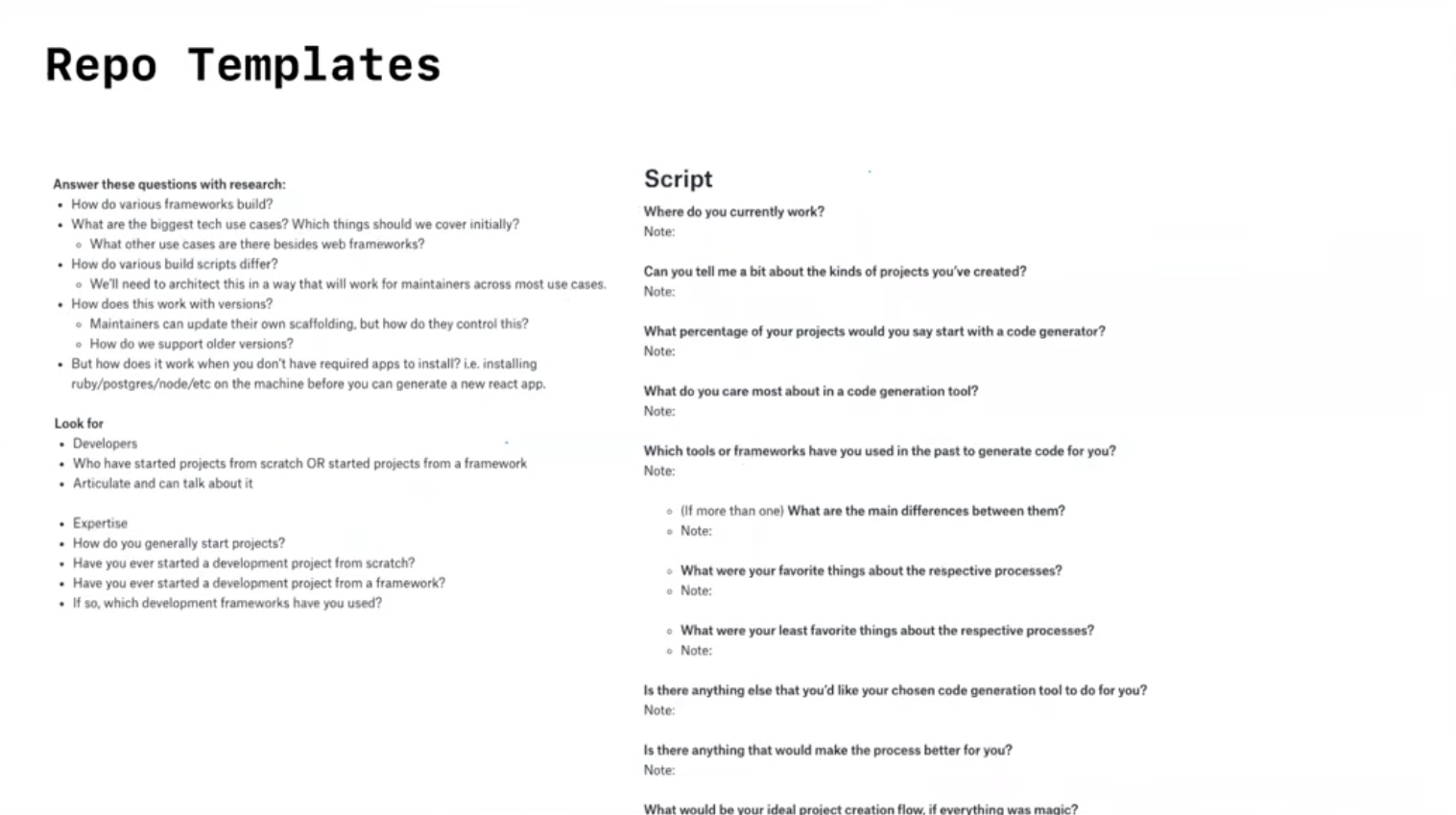
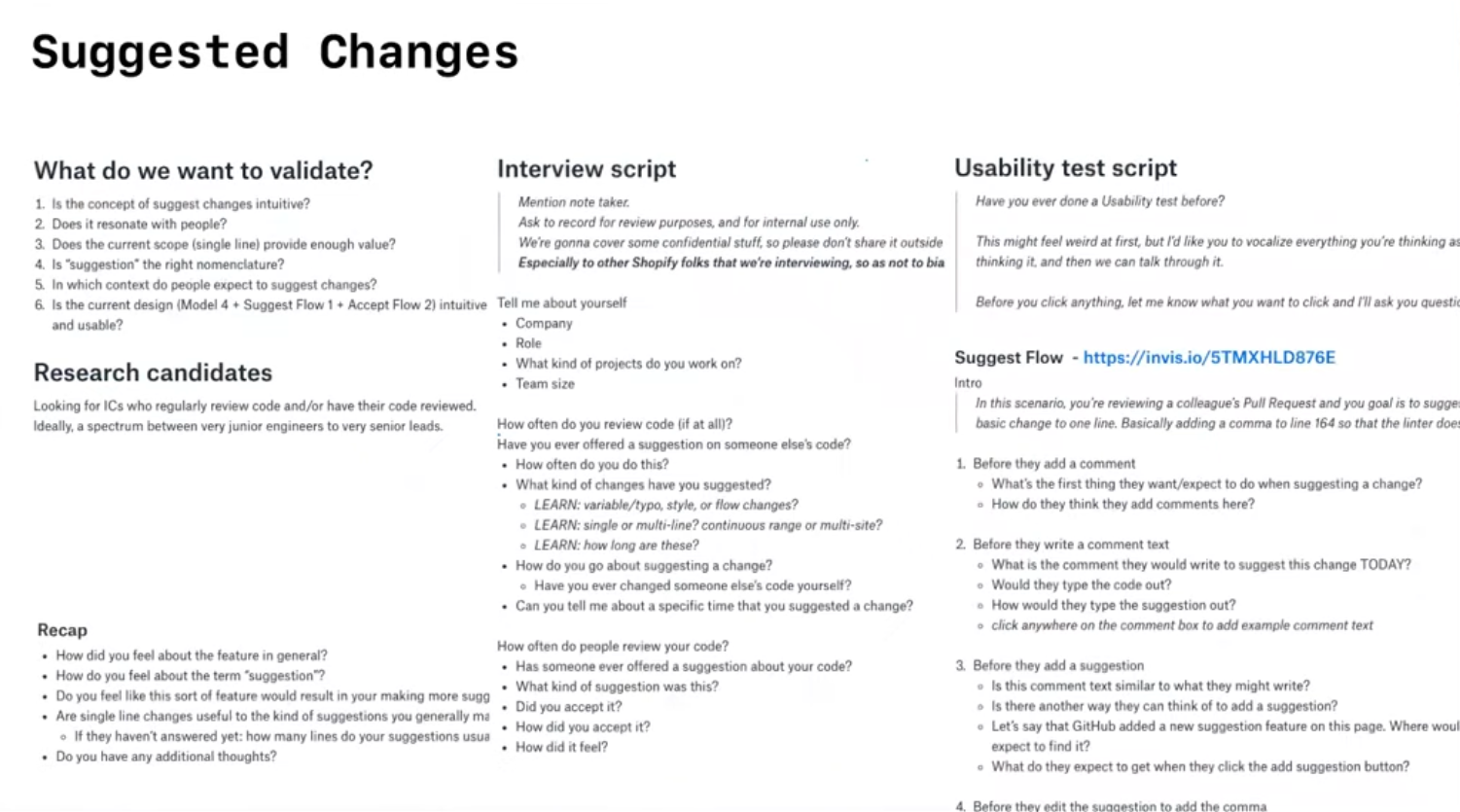 Note: "Suggested Changes" is the feature name
Note: "Suggested Changes" is the feature name
Tips for User Interviews
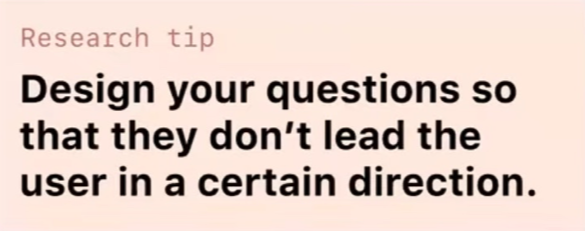
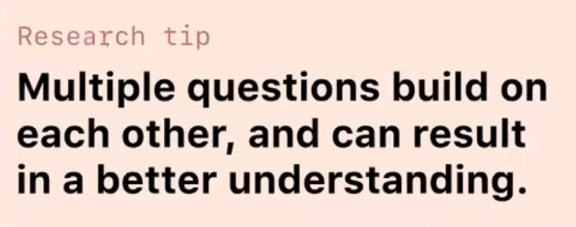
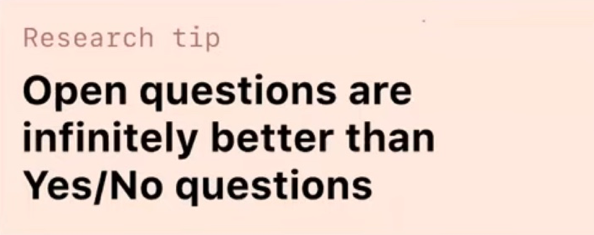
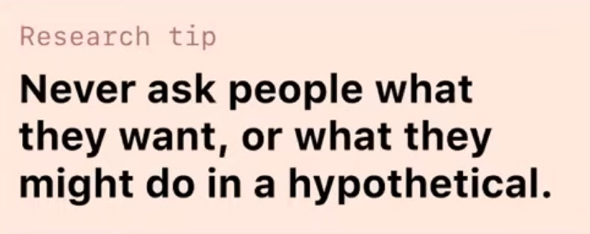
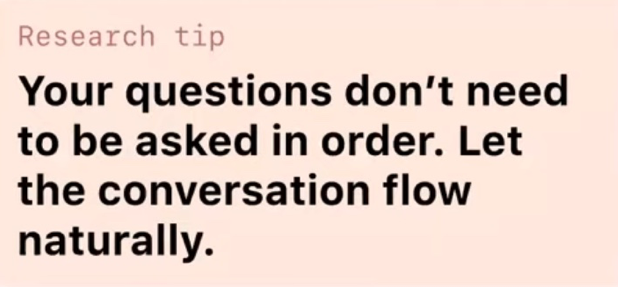
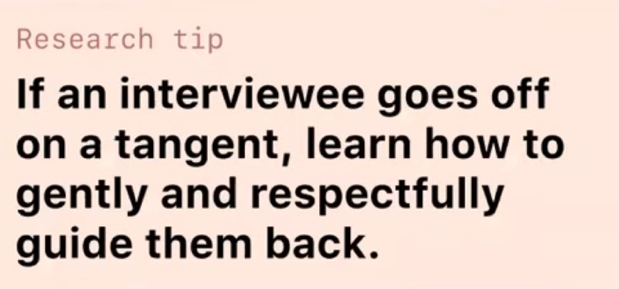
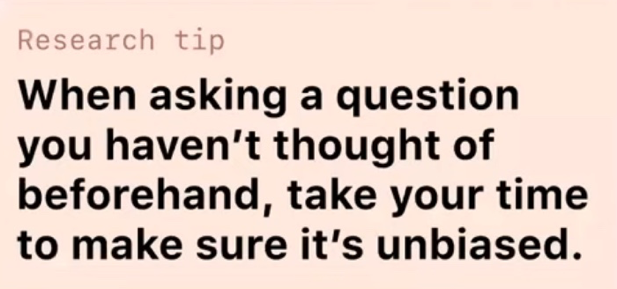
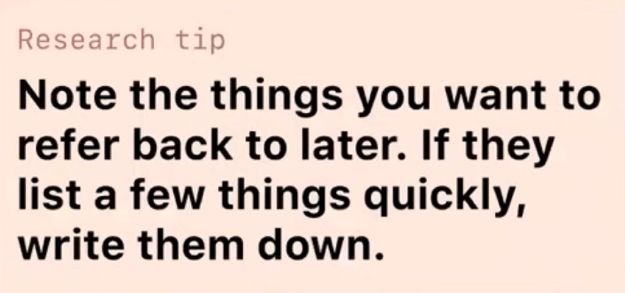
< - end of User Interview Tips - >
Tips for Usability Tests
- 1
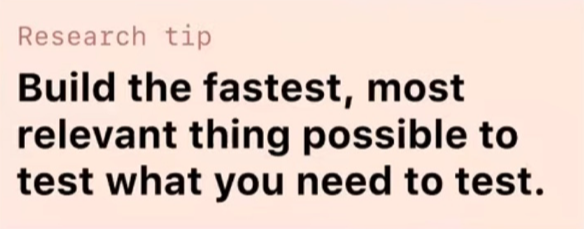
-
2
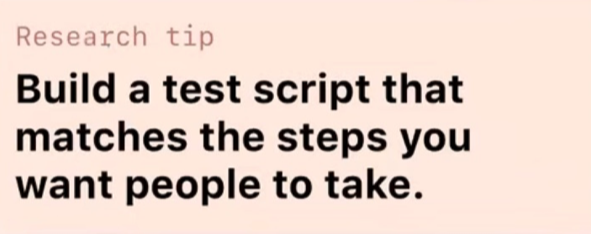
- 3
- Title each step by what they’re supposed to be doing in the test
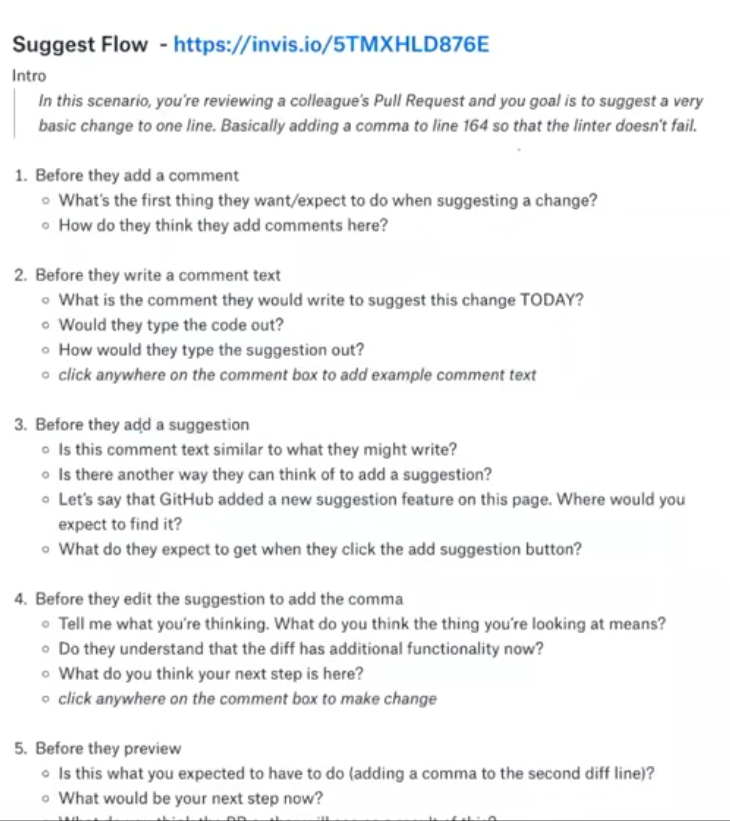
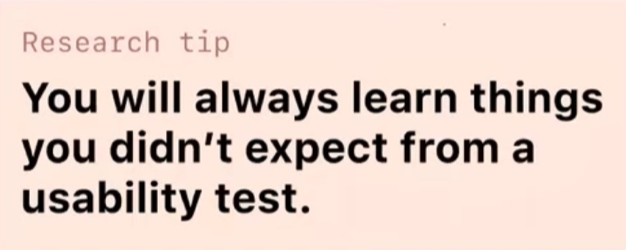
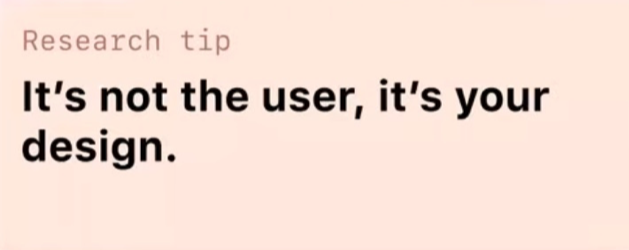
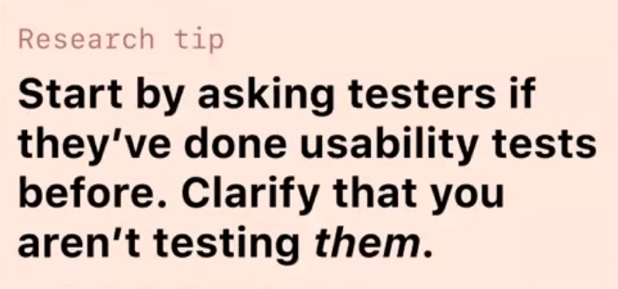
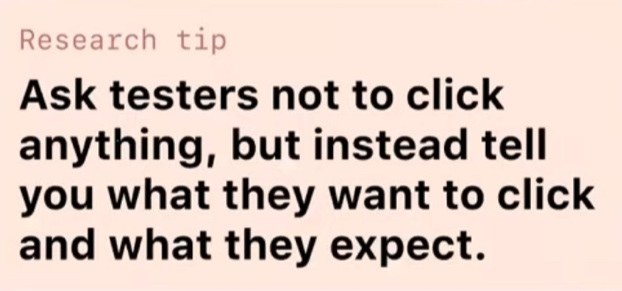
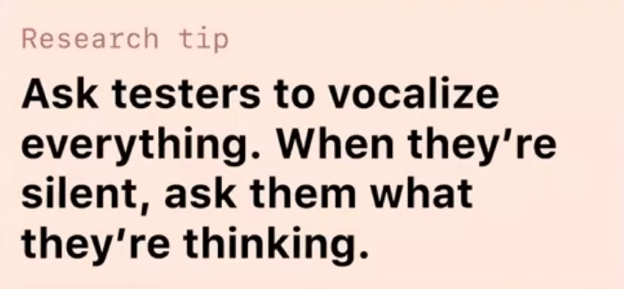
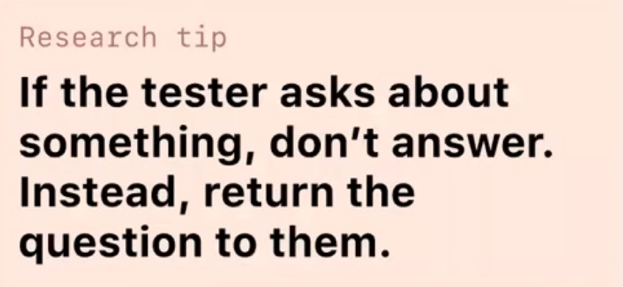
- < - end of Usability Test Tips - >
Research Sourcing Tips
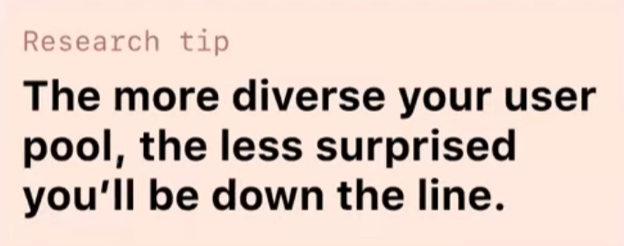
Research Moderation Tips


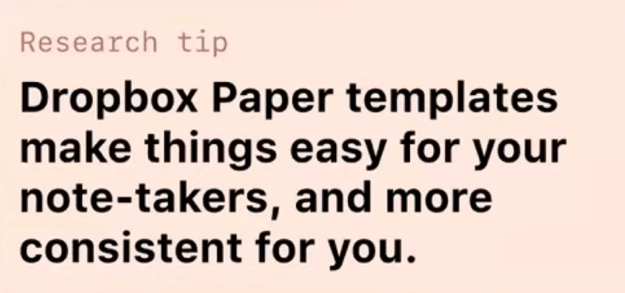
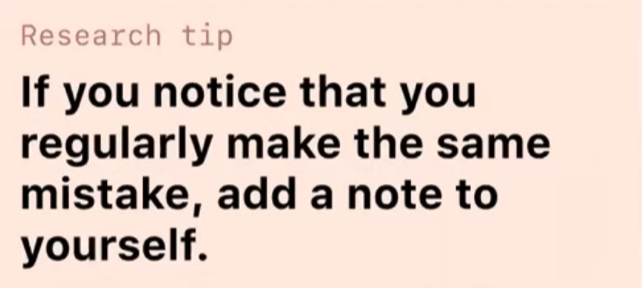

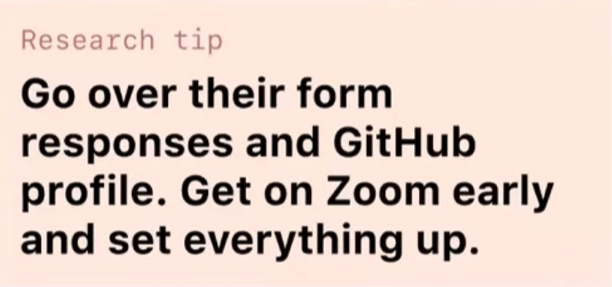
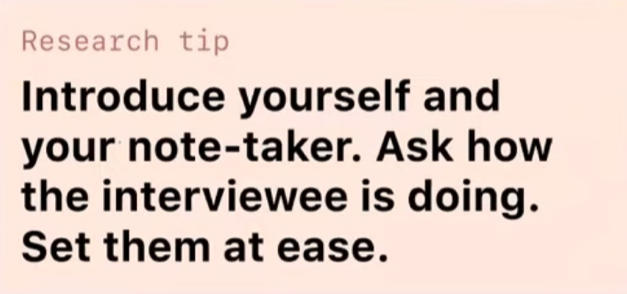
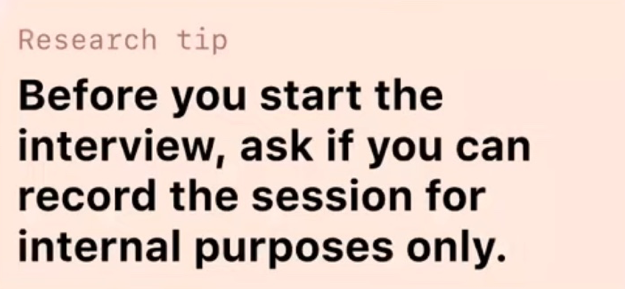
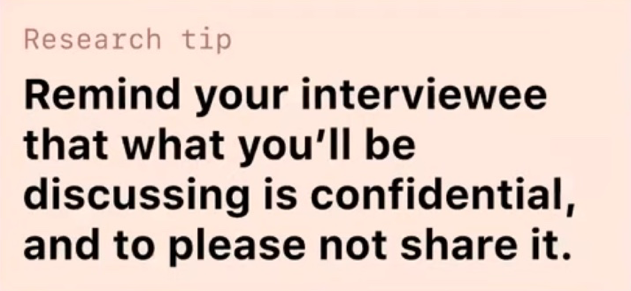
Post-Research Meeting Tip

Main Take Aways:
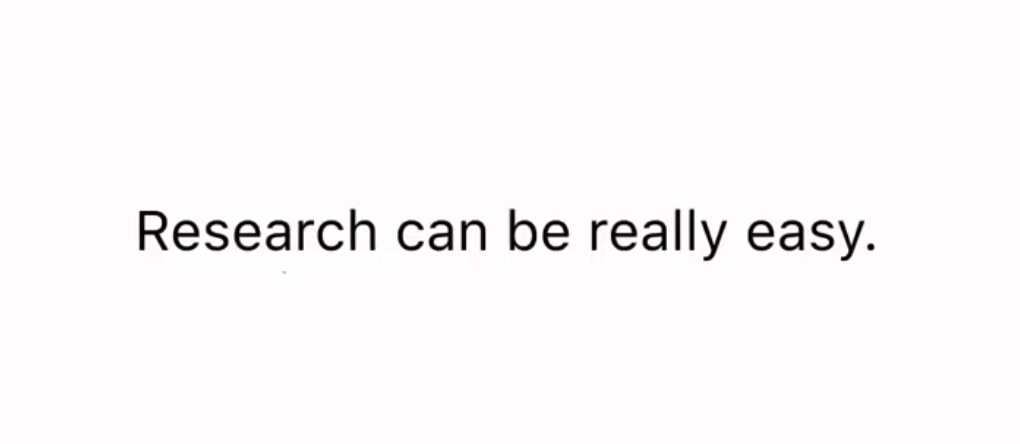
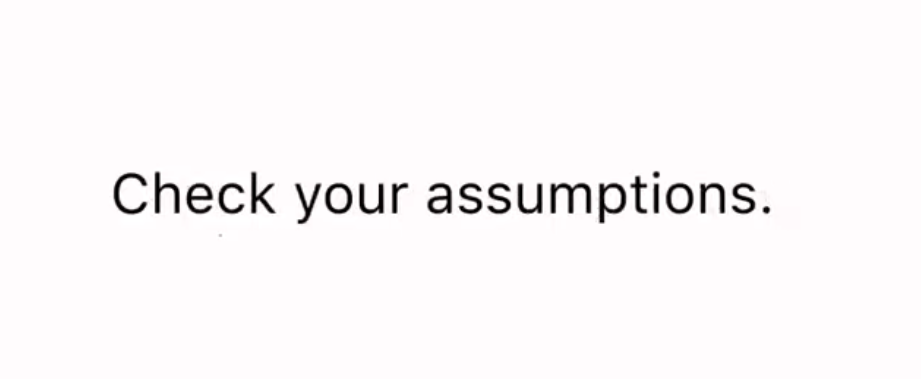
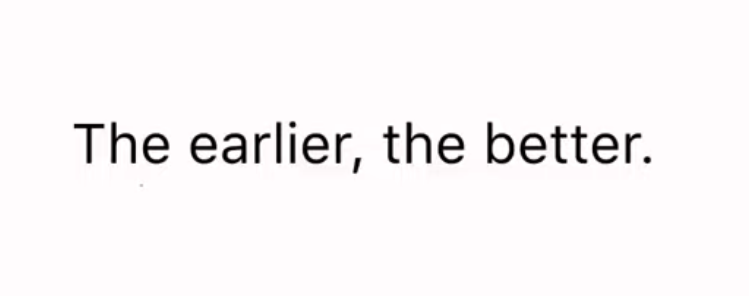
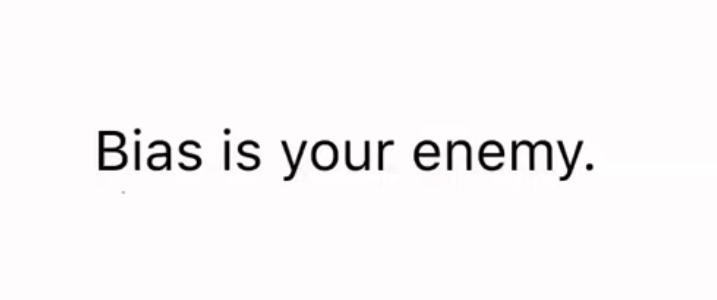
Research Tips
- Give people an out.
- they want to answer and please you.
- maybe they haven’t ever done the thing you’re asking about, give them a way to be A or B, not wrong if they don’t do the thing you’re asking about (pushing a Yes)
- Being able to say "No" more easily means you get truer answers.
- Have you ever?
- What “Kinds of“ keeps the questions open, and then follow up on their answers to learn more
- Ask same question different ways
- Ask “What Kinds of Changes” AND “Tell me specific changes you suggested”
- Ask question from a few different answers (like, with their role in a workflow—in his project a user could be a reviewer and have their code reviewed.) Semantic differences to gather more insights.
- Make sure you get good data by asking follow up questions
- Learn as much as you CAN, don't just check boxes of “YES OR NO?!”
- What’s important is very subjective - free pass into how someone things (what's important to different types of users and why)

- Vague to Specific:

